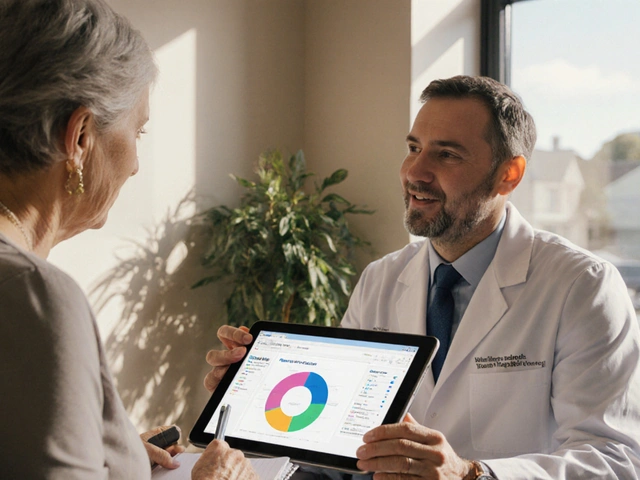Supplement Industry: What’s Happening and How to Choose Safely
Ever wonder why the supplement aisle feels like a maze? New products pop up every week, claims get louder, and it’s hard to tell what’s legit. The supplement industry is booming – it’s now worth billions and still growing fast. But with growth comes confusion, especially when you’re trying to pick something that actually works and won’t harm you.
Key Trends Shaping 2025
First off, personalization is the buzzword. Brands are using DNA tests or online quizzes to suggest specific blends for everything from energy boosts to joint health. You’ll see more “tailored” powders that claim they match your genetics – some are backed by real research, others are just marketing hype.
Secondly, plant‑based ingredients are taking over. Hemp, turmeric, and adaptogenic mushrooms are everywhere. That’s why you’ll find articles about herbal beta‑blocker alternatives like hawthorn or garlic. These plant extracts are being marketed as natural ways to manage blood pressure, but you still need solid evidence before swapping prescription meds.
Third, transparency is becoming a selling point. Consumers want to see third‑party testing, clear label ingredients, and where the raw materials come from. Look for certifications such as USP, NSF, or Informed‑Sport – they show the product has passed quality checks.
Finally, the “nootropics” wave is still strong. Supplements promising focus, memory, or mood lifts, like dimethylglycine (DMG) or Cerecetam, are climbing the charts. While some users report a boost, the science is mixed, so treat them as a complement to a healthy lifestyle, not a miracle cure.
Staying Safe When Buying Supplements
The biggest pitfall is assuming “natural” means “safe.” Even herbal products can interact with prescription drugs. Always check if a supplement contains something that could clash with your meds – for example, high‑dose garlic can thin blood, affecting anticoagulants.
Second, verify the seller. Many tag posts on our site walk you through safe online pharmacy habits. If a website looks too good to be true – ultra‑low prices, no prescription required for prescription‑only ingredients – walk away. Trust sites that require a valid prescription for items like Dapoxetine or Priligy, and that show clear contact info.
Third, read the label. Supplement facts should list each ingredient, its exact amount, and any fillers. Beware of “proprietary blends” that hide dosages. If you can’t find the amount of an active ingredient, you can’t judge its effectiveness.
Lastly, start low. When trying a new product, begin with the smallest dose to see how your body reacts. If you notice side effects – headaches, stomach upset, or unusual heartbeats – stop and talk to a healthcare professional.
By keeping an eye on trends, demanding transparency, and using common sense, you can navigate the supplement industry without getting burned. Remember, no supplement can replace a balanced diet, regular exercise, and proper medical advice. Use these tips, stay curious, and make informed choices that support your health goals.
Xanthan Gum Benefits: How This Additive Is Transforming Dietary Supplements
How xanthan gum is revolutionizing dietary supplements, from improved texture to new product innovation. Discover research-driven insights and practical tips.






